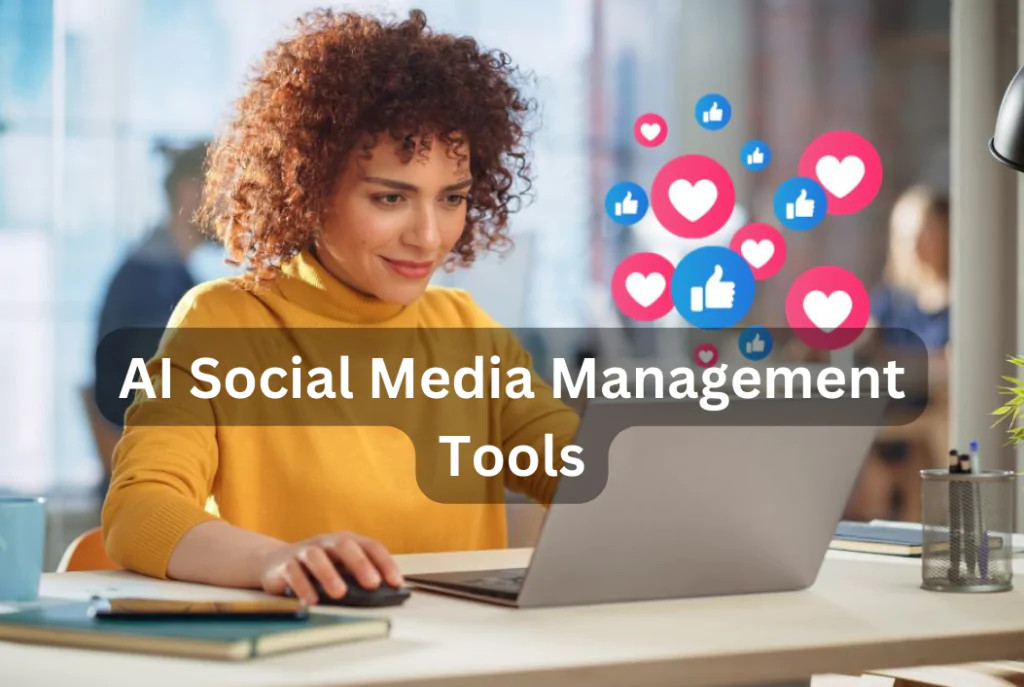Introduction
In the ever-evolving landscape of social media, the integration of artificial intelligence (AI) has become paramount for effective management. AI-driven social media management tools offer a myriad of functionalities designed to streamline processes, enhance engagement, and optimize performance.
Understanding AI in Social Media Management
Definition of AI in social media management
AI in social media management refers to the utilization of machine learning algorithms and natural language processing techniques to automate tasks, analyze data, and enhance decision-making processes in managing social media platforms.
Key benefits of using AI in social media management
AI-powered social media management tools offer numerous benefits, including increased efficiency, improved targeting and personalization, enhanced analytics capabilities, and the ability to scale operations to meet the demands of modern social media ecosystems.
Evolution of AI social media management tools
Over the years, AI in social media management tools has evolved from basic automation functionalities to sophisticated platforms capable of advanced analytics, sentiment analysis, content creation, and even influencer identification and engagement.
Top 5 AI Social Media Management Tools
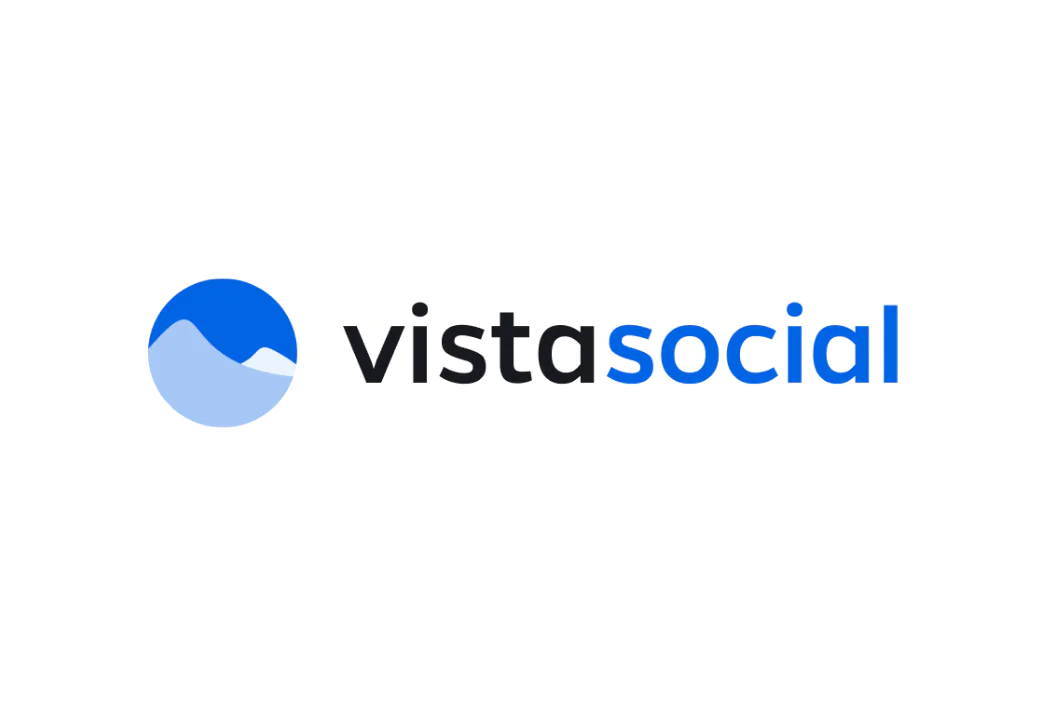
1. Vista Social
Vista Social is a comprehensive AI social media management tool or platform designed to streamline social media marketing efforts for businesses of all sizes. With its intuitive interface and advanced features, Vista Social enables users to manage multiple social media accounts, schedule posts, analyze performance metrics, and engage with their audience effectively.
Features:
- Multi-platform Integration: Vista Social supports major social media platforms including Facebook, Instagram, Twitter, LinkedIn, and Pinterest, allowing users to manage all their accounts from a single dashboard.
- AI-driven Analytics: The platform utilizes AI algorithms to analyze social media data, providing valuable insights into audience demographics, engagement metrics, and content performance.
- Content Scheduling: Vista Social offers robust scheduling features, allowing users to plan and schedule posts in advance, ensuring consistent and timely content delivery.
- Audience Segmentation: Users can segment their audience based on various criteria such as demographics, interests, and behavior, enabling targeted and personalized marketing campaigns.
- Engagement Tools: Vista Social provides tools for monitoring conversations, responding to comments and messages, and fostering community engagement, helping businesses build meaningful relationships with their audience.
Pros:
- User-friendly interface makes it easy to navigate and use.
- Powerful analytics features provide actionable insights for optimizing social media strategies.
- Seamless integration with multiple social media platforms enhances efficiency and convenience.
- Advanced scheduling capabilities enable efficient planning and management of content.
- Robust engagement tools facilitate effective communication and interaction with the audience.
Cons:
- Some users may find the pricing plans to be relatively higher compared to other similar platforms.
- Advanced features may require additional training or expertise to fully leverage their potential.
- Limited customization options for reports and analytics may restrict flexibility for some users.
2: Feed Hive
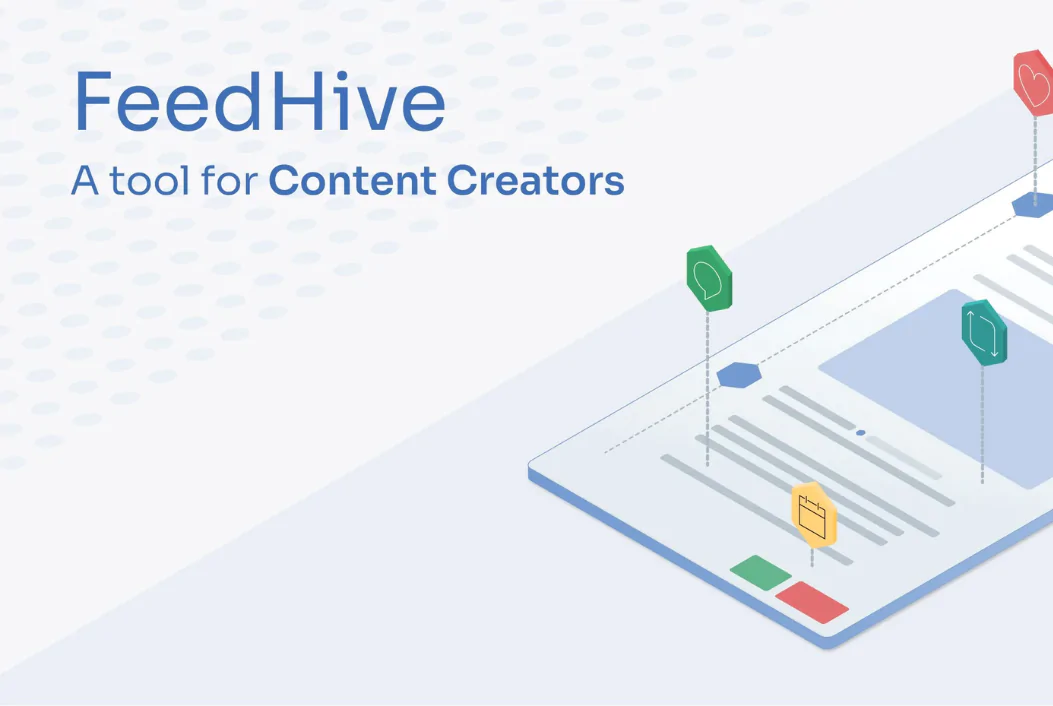
Feed Hive is an AI-driven social media management tool designed to simplify the process of content creation, curation, and scheduling for businesses and marketers. With its innovative features and intuitive interface, Feed Hive empowers users to optimize their social media presence and engagement with minimal effort.
Features:
- Content Creation: Feed Hive offers AI-powered content creation tools that generate engaging and relevant content based on user-defined parameters such as keywords, topics, and target audience.
- Content Curation: The platform curates trending and relevant content from across the web, allowing users to discover and share high-quality content that resonates with their audience.
- Smart Scheduling: Feed Hive’s intelligent scheduling algorithm analyzes audience behavior and engagement patterns to determine the optimal times for posting, maximizing reach and impact.
- Analytics Dashboard: Users can track key performance metrics, monitor campaign effectiveness, and gain valuable insights into audience demographics and behavior through Feed Hive’s comprehensive analytics dashboard.
- Collaboration Tools: Feed Hive facilitates collaboration among team members by allowing them to share content ideas, collaborate on campaigns, and track progress in real-time.
Pros:
- AI-driven content creation and curation tools save time and effort while ensuring high-quality content.
- Intelligent scheduling helps optimize posting times for maximum engagement and reach.
- Detailed analytics dashboard provides valuable insights for data-driven decision-making.
- Collaboration features promote teamwork and streamline workflow management.
- Customizable reports and analytics allow users to tailor insights to their specific needs.
Cons:
- Limited integration with certain social media platforms may restrict functionality for some users.
- Pricing plans may be prohibitive for small businesses or individuals with limited budgets.
- Advanced features may require a learning curve for new users to fully utilize effectively.
3: Buffer

Buffer is a popular AI social media management tool platform that combines scheduling, analytics, and engagement tools to help businesses and marketers streamline their social media marketing efforts. With its user-friendly interface and robust features, Buffer enables users to manage multiple social media accounts, schedule posts, track performance metrics, and engage with their audience effectively.
Features:
- Social Media Scheduling: Buffer allows users to schedule posts across multiple social media platforms, including Facebook, Twitter, LinkedIn, Instagram, and Pinterest, from a single dashboard.
- Analytics and Insights: The platform provides detailed analytics and insights into key performance metrics such as engagement, reach, and impressions, helping users track the effectiveness of their social media strategies.
- Content Curation: Buffer’s content curation tools enable users to discover, organize, and share relevant content from across the web, enhancing their social media presence and providing value to their audience.
- Engagement Tools: Buffer offers tools for monitoring conversations, responding to comments and messages, and fostering community engagement, enabling users to build meaningful relationships with their audience.
- Team Collaboration: Buffer facilitates collaboration among team members by allowing them to create, schedule, and review content collaboratively, streamlining workflow management and improving efficiency.
Pros:
- Intuitive interface makes it easy for users to schedule posts and track performance metrics.
- Comprehensive analytics and insights provide valuable data for optimizing social media strategies.
- Content curation tools help users discover and share relevant content, enhancing their social media presence.
- Robust engagement tools facilitate effective communication and interaction with the audience.
- Team collaboration features promote teamwork and streamline workflow management.
Cons:
- Some users may find the pricing plans to be relatively higher compared to other similar platforms.
- Advanced features such as advanced analytics and automation may require additional training or expertise to fully utilize.
- Limited customization options for reports and analytics may restrict flexibility for some users.
4: Flick
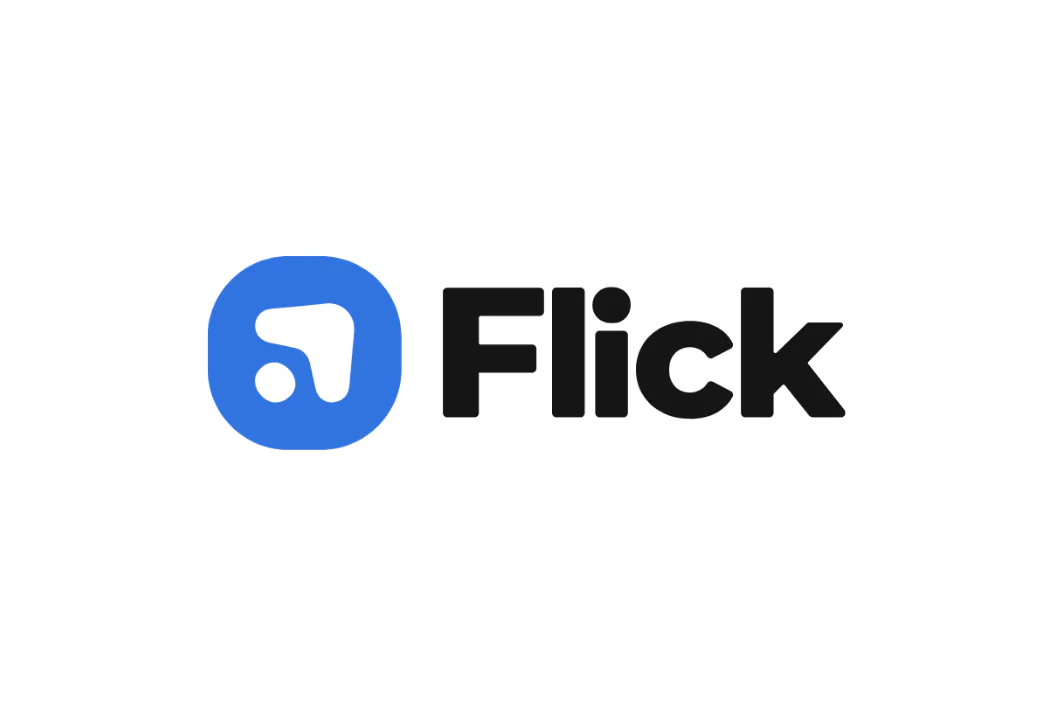
Flick is an AI-powered social media management platform designed to help businesses and marketers optimize their social media presence and engagement. With its advanced features and intuitive interface, Flick enables users to schedule posts, analyze performance metrics, and engage with their audience effectively across multiple social media platforms.
Features:
- Content Creation: Flick offers AI-driven content creation tools that generate high-quality and engaging content based on user-defined parameters such as keywords, topics, and target audience.
- Social Media Scheduling: The platform allows users to schedule posts across various social media platforms, including Facebook, Instagram, Twitter, LinkedIn, and Pinterest, from a single dashboard.
- Analytics and Insights: Flick provides detailed analytics and insights into key performance metrics such as engagement, reach, and impressions, helping users track the effectiveness of their social media strategies.
- Influencer Marketing: Flick offers influencer marketing tools that enable users to identify, connect, and collaborate with influencers in their niche, amplifying their reach and engagement on social media.
- Collaboration and Workflow Management: Flick facilitates collaboration among team members by allowing them to create, schedule, and review content collaboratively, streamlining workflow management and improving efficiency.
Pros:
- AI-driven content creation tools save time and effort while ensuring high-quality content.
- Comprehensive analytics and insights provide valuable data for optimizing social media strategies.
- Influencer marketing tools help users identify and collaborate with influencers to amplify their reach and engagement.
- User-friendly interface makes it easy for users to schedule posts and track performance metrics.
- Collaboration features promote teamwork and streamline workflow management.
Cons:
- Pricing plans may be prohibitive for small businesses or individuals with limited budgets.
- Advanced features such as influencer marketing and automation may require additional training or expertise to fully utilize.
- Limited customization options for reports and analytics may restrict flexibility for some users.
5: Audiense
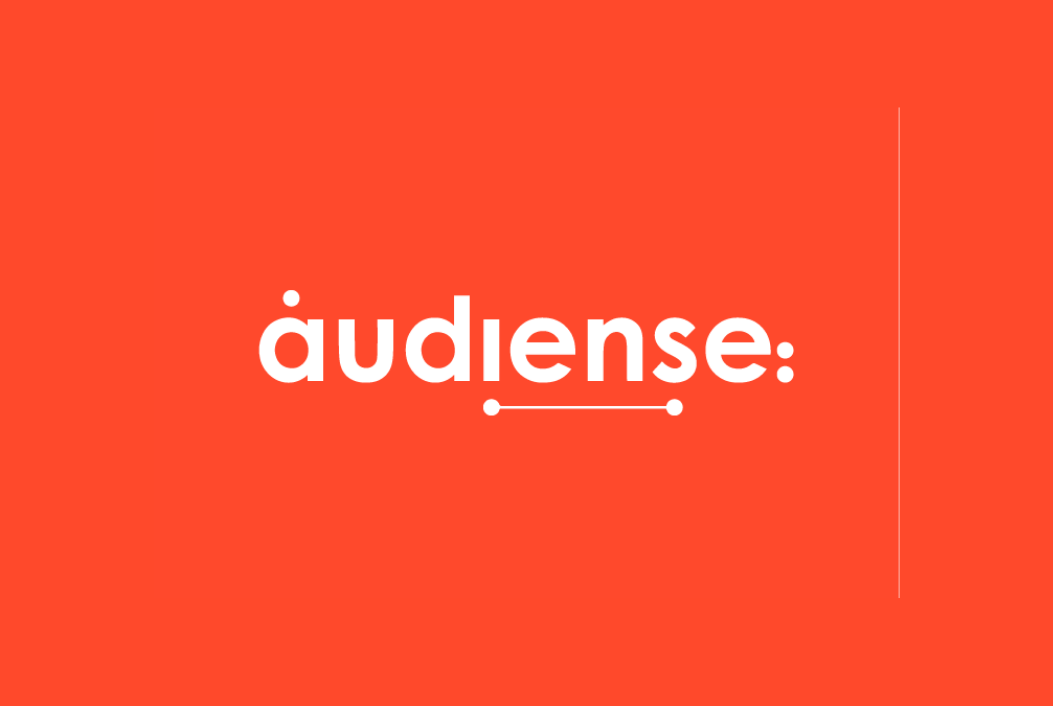
Audiense is a comprehensive social media management platform that offers a range of features designed to help businesses and marketers optimize their social media presence and engagement. With its advanced analytics, audience segmentation, and engagement tools, Audiense enables users to understand their audience, target their content effectively, and build meaningful relationships with their followers.
Features:
- Audience Intelligence: Audiense provides advanced audience intelligence tools that enable users to analyze their audience demographics, interests, and behavior, helping them understand their audience’s preferences and engage with them more effectively.
- Audience Segmentation: The platform allows users to segment their audience based on various criteria such as demographics, interests, and behavior, enabling targeted and personalized marketing campaigns.
- Social Media Analytics: Audiense offers comprehensive analytics and insights into key performance metrics such as engagement, reach, and impressions, helping users track the effectiveness of their social media strategies.
- Social Listening: Audiense’s social listening tools enable users to monitor social media conversations, track brand mentions, and identify relevant trends and topics in real-time, helping them stay informed and respond proactively to customer feedback and inquiries.
- Engagement Automation: Audiense offers automation features that enable users to schedule posts, respond to comments and messages, and engage with their audience automatically, saving time and effort while maintaining an active and responsive social media presence.
Pros:
- Advanced audience intelligence tools provide valuable insights into audience demographics, interests, and behavior.
- Comprehensive analytics and insights help users track the effectiveness of their social media strategies.
- Social listening tools enable users to monitor brand mentions, track relevant trends, and respond proactively to customer feedback.
- Automation features save time and effort while maintaining an active and responsive social media presence.
- User-friendly interface makes it easy for users to analyze audience data, schedule posts, and track performance metrics.
Cons:
- Some users may find the pricing plans to be relatively higher compared to other similar platforms.
- Advanced features such as audience segmentation and social listening may require additional training or expertise to fully utilize.
- Limited customization options for reports and analytics may restrict flexibility for some users.
The Role of AI in Social Media Analytics
Importance of social media analytics for businesses
Social media analytics provide valuable insights into audience behavior, content performance, campaign effectiveness, and overall brand sentiment, enabling businesses to make informed decisions and optimize their social media strategies.
How AI enhances social media analytics
AI enhances social media analytics by automating data collection and analysis processes, identifying trends and patterns in vast amounts of social media data, and providing actionable insights that drive strategic decision-making.
Features and capabilities of AI-powered social media analytics tools
AI-powered social media analytics tools offer features such as real-time monitoring, sentiment analysis, competitor analysis, audience segmentation, predictive analytics, and customizable reporting, empowering businesses to extract valuable insights from their social media data.
Content Creation and Curation with AI
Content creation and curation are time-consuming tasks that require creativity, consistency, and relevance to engage audiences effectively, making them a challenge for social media managers.
AI-driven content creation tools
AI-driven content creation tools leverage natural language processing and machine learning algorithms to generate high-quality, relevant content automatically, including articles, captions, and graphics, tailored to the brand’s voice and audience preferences.
AI-powered content curation platforms
AI-powered content curation platforms utilize algorithms to sift through vast amounts of content on the web and social media, curating relevant and trending topics, articles, and multimedia assets for sharing across social media channels.
Automating Social Media Posting and Scheduling
Significance of automation in social media posting and scheduling : Automation in social media posting and scheduling streamlines workflows, ensures consistent content delivery, optimizes posting times for maximum engagement, and frees up time for social media managers to focus on strategic activities.
Features and functionalities of AI-driven scheduling tools: AI-driven scheduling tools offer features such as content calendar management, post optimization based on audience behavior and preferences, automated scheduling and posting across multiple social media platforms, and performance tracking and analytics.
Examples of AI-powered social media scheduling platforms: Examples of AI-powered social media scheduling platforms include Hootsuite, Buffer, Sprout Social, and CoSchedule, which offer a range of scheduling, publishing, and analytics features to help businesses manage their social media presence effectively.
Engagement and Community Management with AI
The importance of engagement and community management on social media: Engagement and community management are crucial aspects of social media strategy, fostering meaningful interactions, building brand loyalty, and driving audience engagement and advocacy.
AI tools for analyzing and improving engagement metrics: AI tools for analyzing and improving engagement metrics leverage algorithms to monitor social media conversations, identify trends and influencers, track audience sentiment, and optimize engagement strategies for maximum impact.
Community management features offered by AI-driven tools: AI-driven tools offer features such as automated response management, sentiment analysis, social listening, influencer identification and engagement, and community sentiment tracking, enabling businesses to build and nurture active and engaged communities on social media.
AI in Social Listening and Sentiment Analysis
Understanding social listening and sentiment analysis: Social listening involves monitoring social media channels for mentions, conversations, and trends related to a brand, industry, or topic, while sentiment analysis focuses on understanding the attitudes and emotions expressed in social media content.
How AI enhances social listening and sentiment analysis: AI enhances social listening and sentiment analysis by automating data collection, categorization, and analysis processes, identifying patterns and trends in social media conversations, and providing actionable insights for brand reputation management and customer engagement strategies.
Examples of AI-based social listening and sentiment analysis tools: Examples of AI-based social listening and sentiment analysis tools include Brandwatch, Talkwalker, Sprinklr, and Synthesio, which offer advanced features for monitoring, analyzing, and interpreting social media conversations and sentiment at scale.
Influencer Marketing and AI
Overview of influencer marketing in social media: Influencer marketing involves collaborating with influential individuals on social media to promote products, services, or brand messages to their followers, leveraging their credibility, authority, and reach to drive engagement and conversions.
AI tools for identifying and managing influencers: AI tools for identifying and managing influencers use algorithms to analyze social media data, identify relevant influencers based on audience demographics, interests, and engagement metrics, and facilitate influencer outreach, collaboration, and performance tracking.
Benefits of using AI in influencer marketing campaigns: Using AI in influencer marketing campaigns enables businesses to identify the most relevant and effective influencers for their target audience, optimize campaign performance based on real-time data and insights, and measure the impact and ROI of influencer partnerships more accurately.
Data Security and Privacy in AI Social Media Tools
Concerns regarding data security and privacy in AI-driven social media tools: Data security and privacy concerns arise from the collection, storage, and processing of sensitive user data by AI-driven social media tools, raising questions about data protection, consent, transparency, and compliance with privacy regulations.
Measures taken by AI social media management tools to ensure data security: AI social media management tools implement measures such as encryption, access controls, data anonymization, and regular security audits to protect user data from unauthorized access, breaches, and misuse, ensuring compliance with privacy regulations and standards.
Compliance with data protection regulations and standards: AI social media management tools comply with data protection regulations and standards such as GDPR, CCPA, and ISO 27001 by implementing privacy-by-design principles, obtaining user consent for data collection and processing, and providing transparency and control over personal data.
Conclusion
In conclusion, the best 5 AI social media management tools of 2024 offer a wide range of features and functionalities designed to streamline workflows, enhance engagement, and optimize performance in managing social media platforms. From analytics and content creation to automation and community management, these tools leverage AI technologies to empower businesses with actionable insights and strategic capabilities for success in the dynamic world of social media. As AI continues to evolve, the future of social media management holds exciting possibilities for innovation, growth, and transformation, encouraging businesses to embrace and explore AI-driven strategies for social media success.
